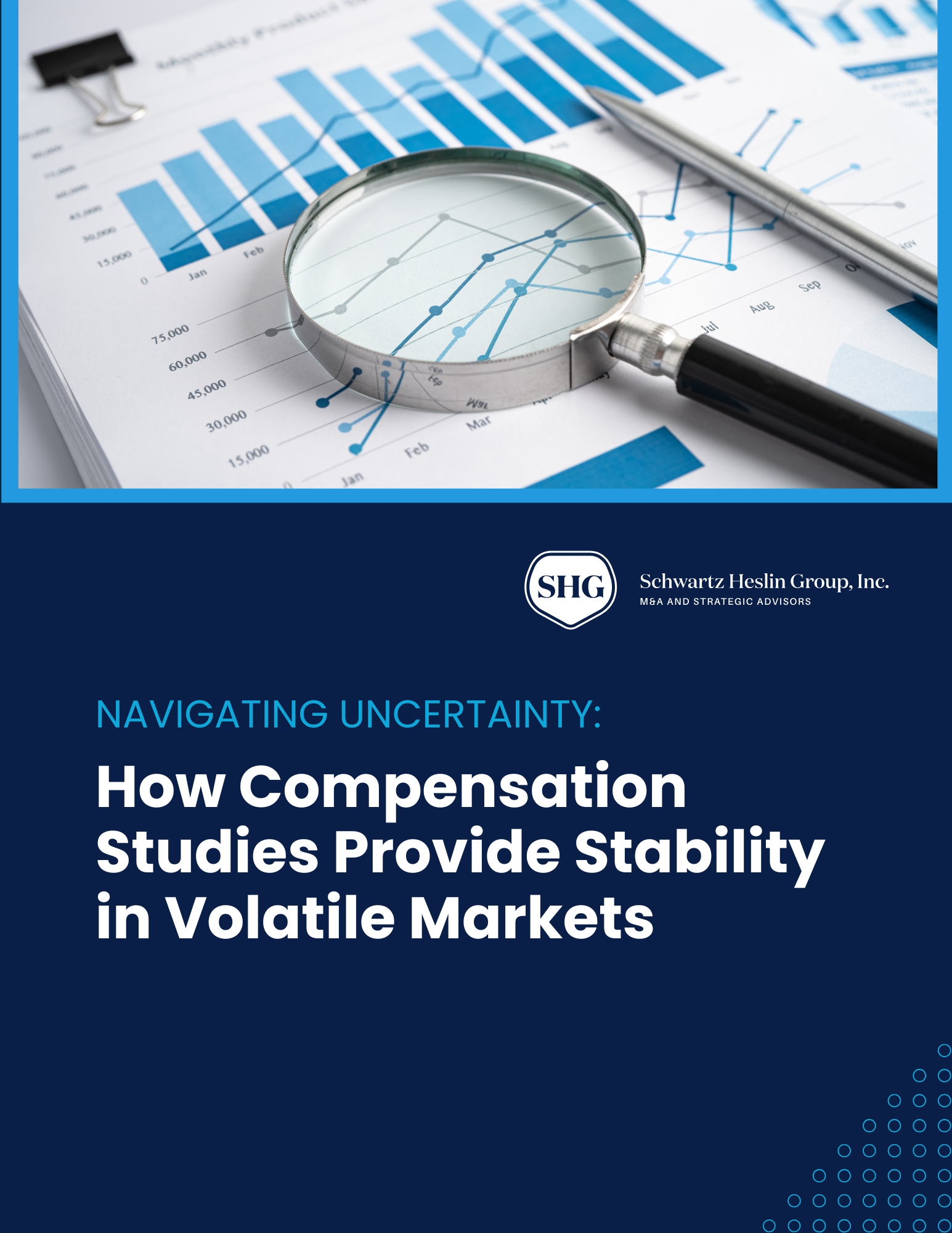Buying or selling a business is complex, especially when it comes to taxes. Taxes can alter the perceived value of a business in numerous ways. That said, they are often an afterthought. Understanding how taxes influence business valuations is vital for both buyers and sellers.
For buyers, tax implications can affect future profitability and the return on your investment. For sellers, taxes can impact your net profit from the sale. By understanding the tax nuances of buying and selling a business, you can make informed decisions that optimize your financial outcomes.
Tax Implications in Business Valuations
Taxes reduce the available cash flow of a business. As such, buyers often consider the tax obligation they will inherit, which can influence the price they are willing to pay. A business with high tax liabilities may appear less attractive than one with tax-efficient strategies in place.
Types of Taxes Involved in Business Transactions
There are several taxes that may apply depending on the structure and nature of the business sale.
- Income Tax: Income tax applies to the earnings from the business. Understanding future tax obligations is critical to estimating cash flow projections for buyers. Sellers may also face income tax on the sale proceeds if structured as regular income.
- Capital Gains Tax: Capital gains tax is applicable when an asset or ownership interest is sold at a profit. Structuring the sale to benefit from long-term capital gains treatment can lower tax liabilities for sellers. Capital gains tax rates vary and can notably influence sale price and timing.
- Sales Tax: In some states, sales tax may apply to tangible assets sold as part of a business. Although typically less impactful than income or capital gains taxes, buyers and sellers must still be aware of regional tax requirements.
Tax Considerations for Different Business Structures
There may be additional taxes that apply to the sale of a business, depending on the structure of that business.
- Sole Proprietorships: Sole proprietors face taxes at the individual level since business income passes through to their personal income tax. There is no separate business tax, which simplifies things. It can, however, increase your tax bracket upon sale.
- Partnerships: Similar to sole proprietorships, partnerships are pass-through entities. This means income flows to individual partners and is taxed at their personal rates. Capital gains and other transaction-specific taxes may still apply however.
- Corporations: Corporations face double taxation. Typically, earnings are taxed at the corporate level, and dividends distributed to shareholders are taxed as income. This can complicate business valuations since buyers have to consider both entity and shareholder taxes. There are some strategies that can minimize the impact of double taxation.
- Limited Liability Companies (LLCs): Taxes for LLCs can be flexible, often taxed as pass-through entities like partnerships. However, they can also opt for corporate tax treatment. The chosen tax structure affects valuation and tax liabilities during sales or transfers. This adds an additional level of strategic planning for LLCs.
Critical Insights for Buyers
As a buyer, you need to carefully consider the tax implications of your purchase.
Tax Strategies to Minimize Liabilities
Effective tax planning is essential in mergers and acquisitions (M&A). As a buyer, you should assess the target company’s tax attributes like net operating losses and tax credits. Structuring the deal well can also lead to tax efficiencies. For instance, choosing between an asset purchase and a stock purchase can have different tax implications. Also, consider the timing of the transaction since some tax laws and rates may change over time.
Due Diligence Matters
Conducting comprehensive tax due diligence is crucial to identify potential tax risks and liabilities. This process includes reviewing the target company’s tax compliance history, outstanding tax obligations, and any ongoing or past tax audits. Understanding these factors helps buyers anticipate future tax exposures and plan accordingly. Evaluating the target’s tax positions and strategies also provides insight into potential areas of concern or potential opportunities.
Negotiating Purchase Price with Tax Implications in Mind
Tax considerations play a significant role in determining a company's purchase price. Identified tax liabilities or exposures can serve as leverage for buyers to negotiate a lower price or demand indemnities. Conversely, favorable tax attributes may justify a higher valuation. It is also essential to consider the tax treatment of transaction costs and how they will be allocated between the buyer and seller.
Critical Insights for Sellers
Much like buyers, sellers also need to make sure they are structuring deals in the most tax-advantaged way possible.
Understanding Tax Implications
When selling your business, you must fully understand all the tax implications. Depending on how your business is structured, sales can be assets or stock sales. Each has distinct tax treatments. In an asset sale, individual assets are sold which can lead to a mix of capital gains and ordinary income taxes. A stock sale, however, involves selling ownership interests, which usually leads to capital gains taxation.
Preparing for Tax Consequences
Before initiating the sale, you should assess your business’s financial health. This includes understanding debts, assets, liabilities, and profits. This helps determine the most tax-efficient sales strategy.
Structuring the Sale for Tax Efficiency
The structure of your sale significantly influences tax outcomes. For instance, an installment sale allows you to receive payments over time, potentially spreading tax liabilities across multiple years. This approach can help manage cash flow and tax burdens.
Timing the Sale for Optimal Tax Benefits
Like most things, timing is essential. For example, selling during a year when your income is lower might put you in a lower tax bracket. This helps reduce the tax rate on the profit of your sale. Being aware of upcoming tax law changes can also inform the timing of your sale.
Overall, navigating the complexities of business valuations and taxes is essential for buyers and sellers. A deep understanding of how taxes impact a business's value can make a massive difference in the outcome of a transaction. For buyers, being aware of potential tax liabilities helps you make informed offers and avoid unforeseen costs. Sellers need to consider the tax consequences of their sale to maximize financial returns and minimize burdens.
Need help developing tax strategies for your business sale? SHG provides our clients with expert guidance based on extensive industry knowledge and experience. Our financial and operational experts have built strong relationships with our clients, empowering their success. Our team represents a balance of seasoned business operators and astute financial experts. With SHG, your goals and priorities always come first.
Your business is your most valuable asset. Our innovative methodology has driven successful outcomes for over 40 years. Contact us today to grow your business's value.
Contact us today to learn more.




